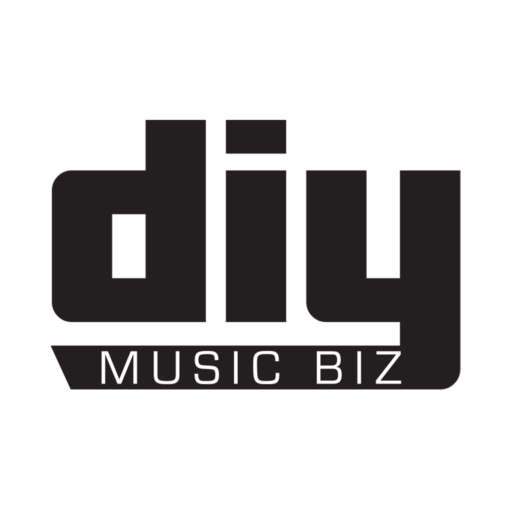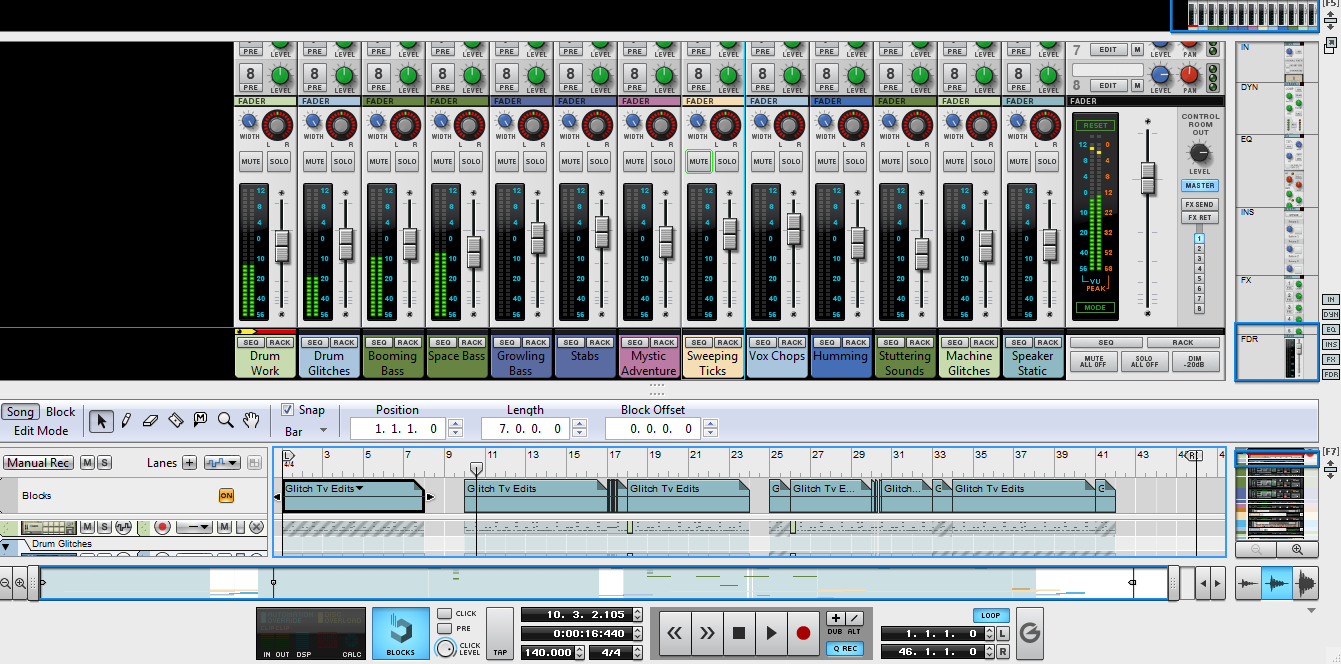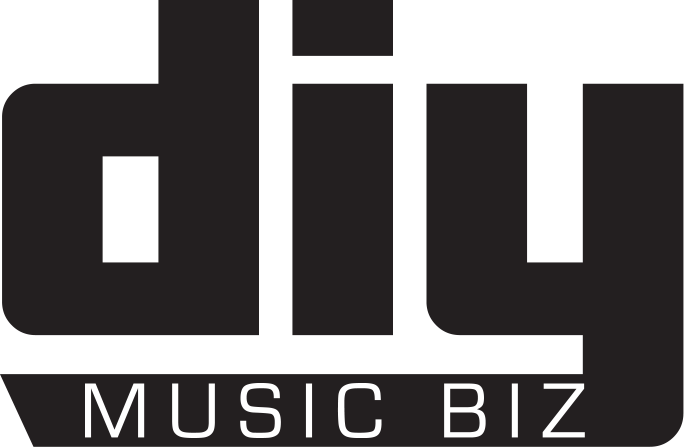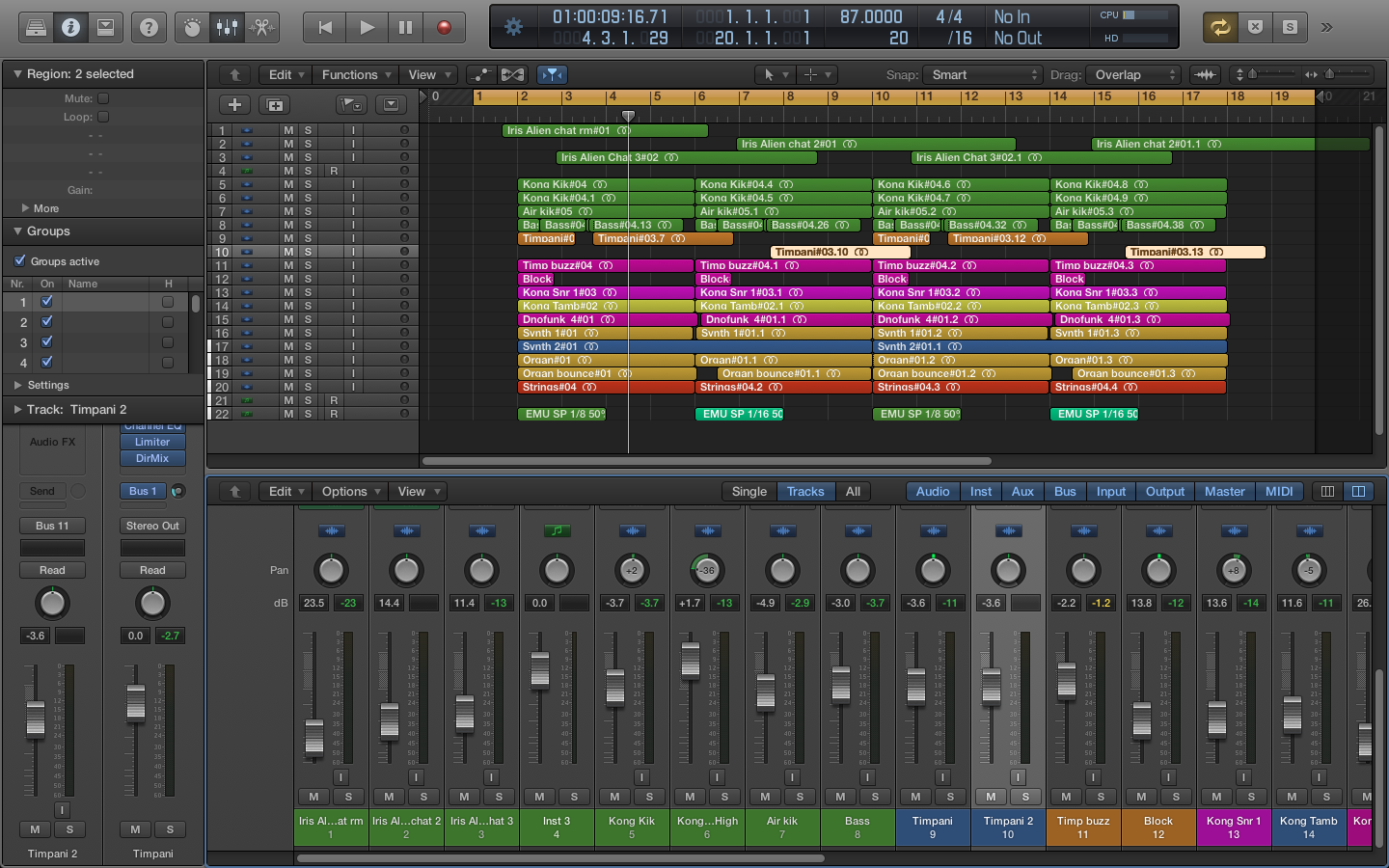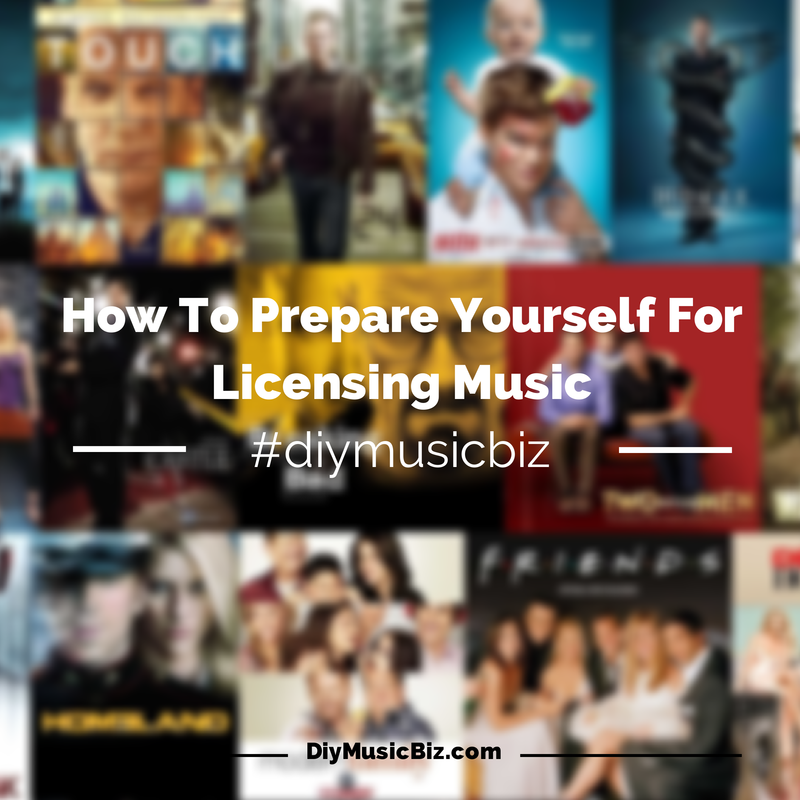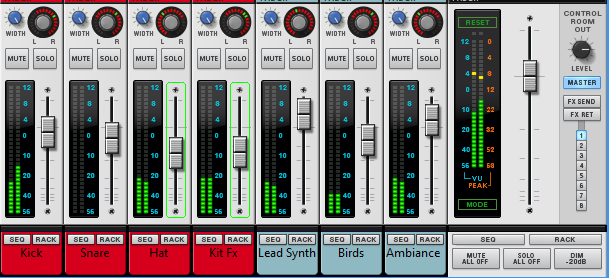Music Licensing can be quite confusing and while there are different types of music licenses, I will focus on the 3 I feel are “most” vital to us as composers, producers, and artists.
Music Terms to pay attention to throughout this post
- Licensee – person/client in need of music or who work is licensed to
- Licensor – Creator, the rights holder of the music/work
- Tracks – Music, cues, composition, material, songs
Now, before we get into these licenses, let me explain what Licensing is. Licensing is the act of giving a third party the right to use your material. That’s all it is. Whether you do this for free or fee… that’s up to you and what you negotiate with your client.
1) What Is A Blanket License?
A blanket license allows a client to use a catalog of songs for an annual fee… This makes using music easier because there is less paperwork involved and a slue of music for the client to use throughout the year for any number of projects.
Venues that are likely to obtain a blanket license:
- Hotels
- Bars
- Restaurants
- Hospitals
- Grocery Stores
- Television Networks
and just about any business that uses music to set the mood or tone for their establishment. I was surprised when I found out how much my local Marriot was paying for elevator music.
Elevator music = The music you hear in the elevator/music you hear as you walk into the establishment (just throwing that out there).
These licenses can range from a few hundred to several hundred thousand dollars (millions), depending on what’s negotiated.
2) What Is A Sync License?
Of all licenses, the sync license is probably the most popular. It’s an agreement between the licensee and the copyright owner that allows the music to be used in TV/Film, video games, and anything else media-related.
How much can be made from sync fees?
A couple of pennies, maybe even a few thousand dollars. It depends on how many clients you have as well as:
How the song is used
- Background music
- Stinger
- TV Show Theme Song
- etc
and most importantly, how long your music is used.
You’ll be paid more from a placement in a major motion picture than you would in an indie film (typically).
What type of television show uses the music (popular drama/reality show etc?). Which Television Network is the show on?
Experience and brand, someone like Han Zimmer is going to make a lot more than you or I. It’s all about the brand name, doesn’t matter how good the music sounds.
Project’s budget (bigger company typically means bigger budget). Middle Men? Are you working this deal on your own or is there a middle man? When I say “Middle Man” I’m talking about music libraries, music supervisors, managers, agents, and other companies that help you land placements. These professionals are going to take a cut from your profits… and they should.
Lastly, it depends on what’s negotiated. Unlike most fields, the music industry is still the wild west. You get what you’re able to negotiate.
3) What’s A Master License?
Master licenses are made between the person who owns the master recording (company or creator) and the person who wishes to use the material (song). It gives the licensee authorization to use your pre-recorded track/song.
Having a master license is only half the battle, in order to use the track in its entirety, a sync license is needed along with the master license.
Master & Sync licenses are very similar as they are required for the licensee to use music in media-based projects, but there is a slight difference. The master license grants rights to the “Mastered recording”. The sync allows the client to use the composition and re-record the song.
Normally when a record label signs a band or an artist they’ll control or own the master. Can you imagine what conflicts and disagreements could arise from that arrangement? Let’s say an artist like Rhianna is willing to accept a sync license fee of $9,500, but the record label owning the master and maybe even the copyright says “no” we want $33,000. If that price range is out of the client’s budget… they’ll walk.
Granted, $9,500 isn’t a lot of money for a record label, but enough of those declined over time is a huge loss.
4) What Is A Mechanical License?
A Mechanical License grants permission to a music user to release and distribute the Audio Format of a song (only). This license is granted by the copyright owner (or controller) to the end-user allowing usage for CDs, Digital Streams, Downloads, Vinyl Records, etc.
Who Needs A Mechanical License?
A prime example of a user requiring a Mechanical License. Let’s say you make a cover song from your favorite artists or band
- Bruno Mars
- Beyonce
- Adele
- Foo Fighters
- Linkin Park
- Elton John
- The Temptations
- Drake
- Billie Eilish
- Micahel Jackson
- Prince
- Etc
If you plan on releasing this recording, you’ll need a Mechanical License for the audio portion and a Sync License for any content where the music is featured within a video.
Licensing Conclusion
Hopefully, I didn’t further confuse anyone while explaining these license types. If you found this post helpful please let me know by leaving a comment in the section below.
